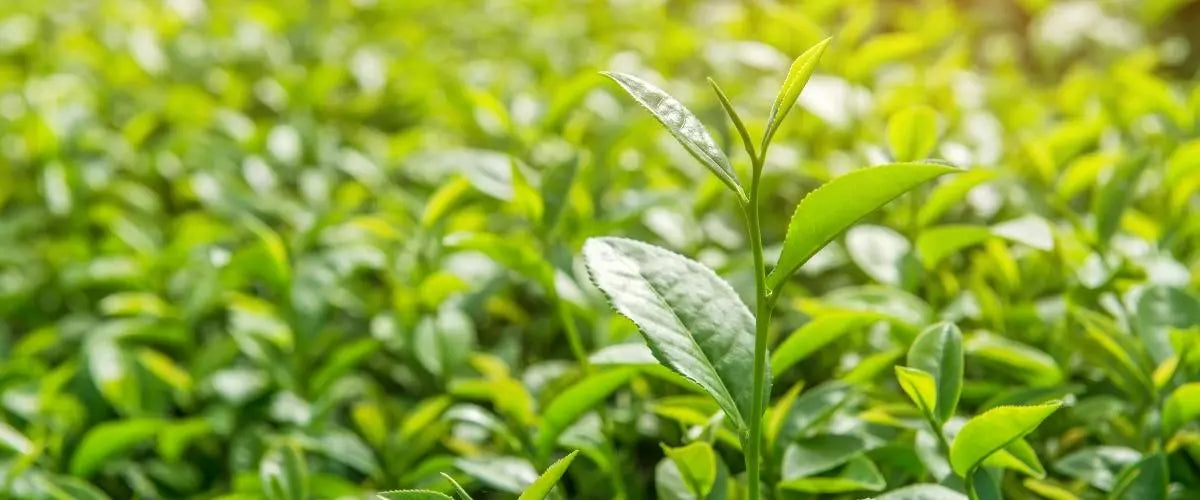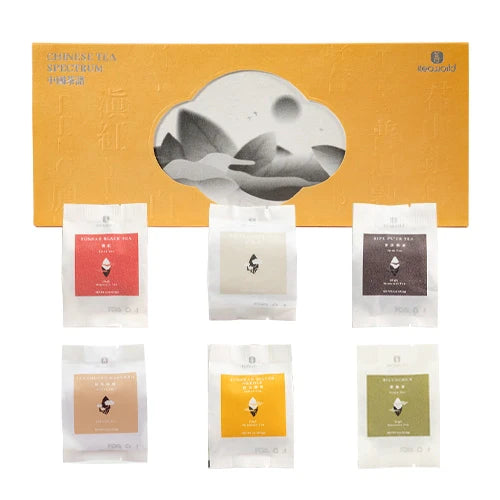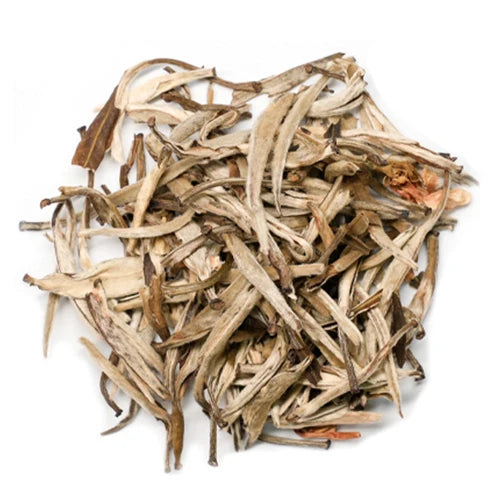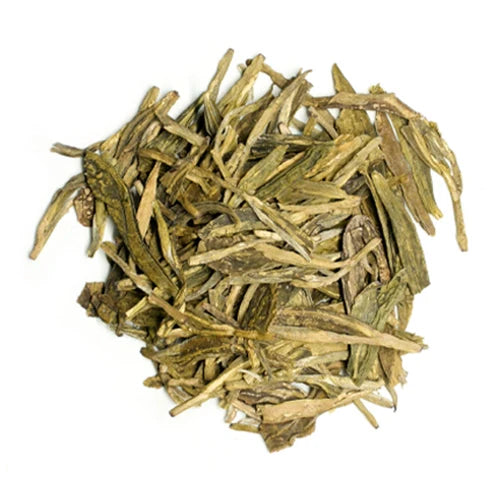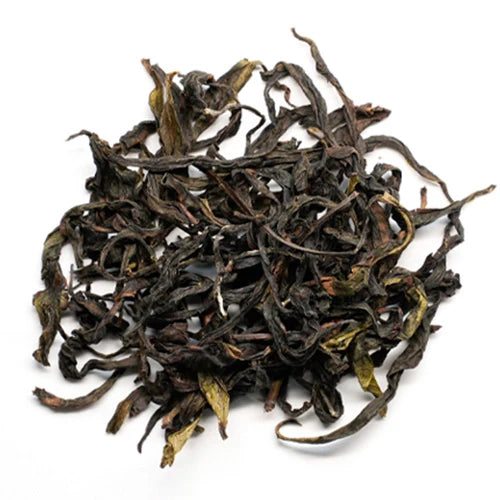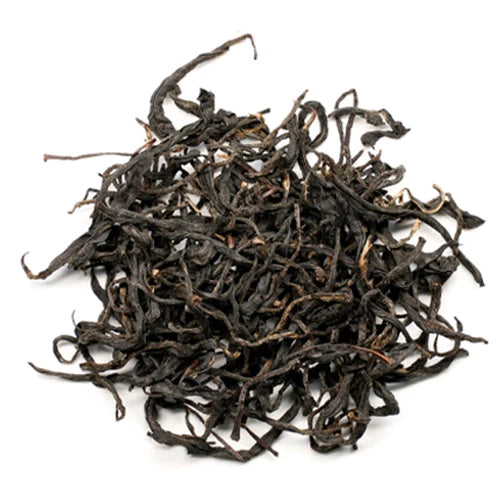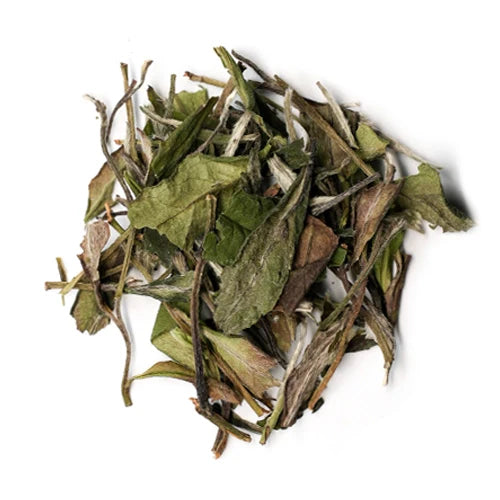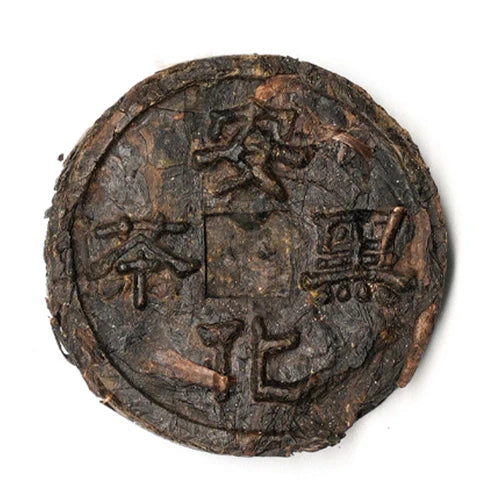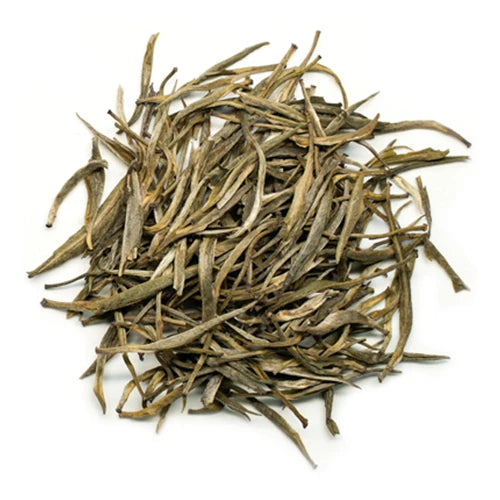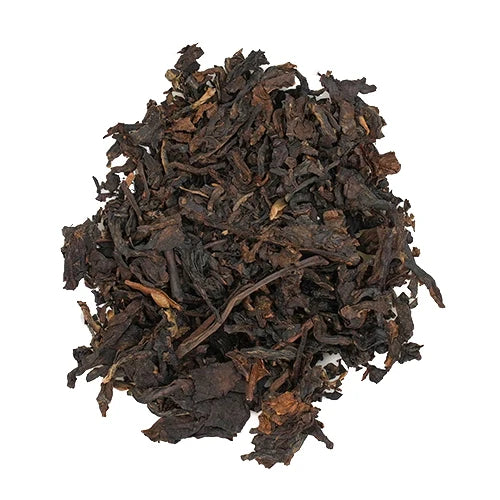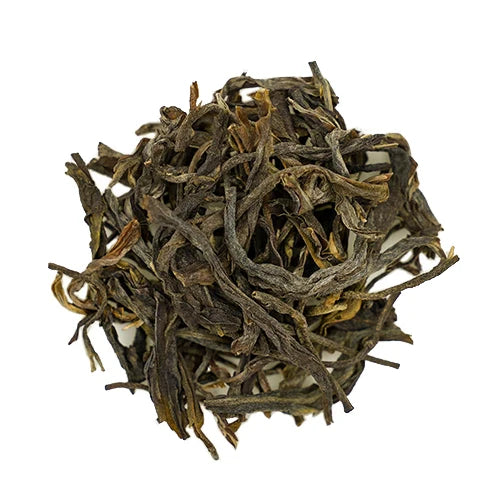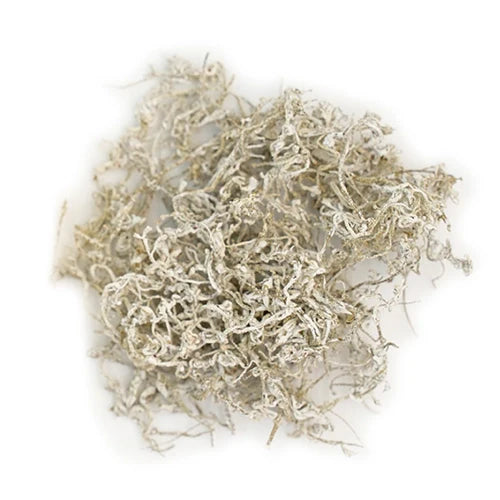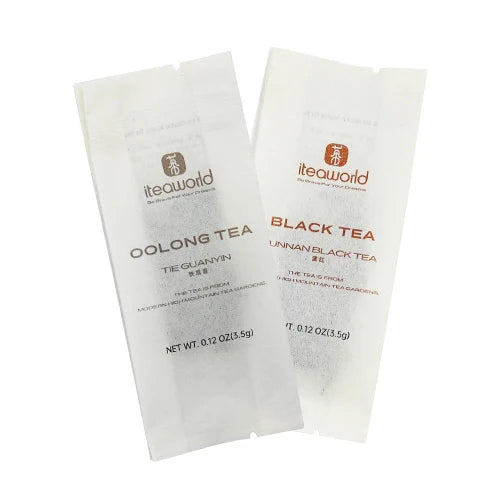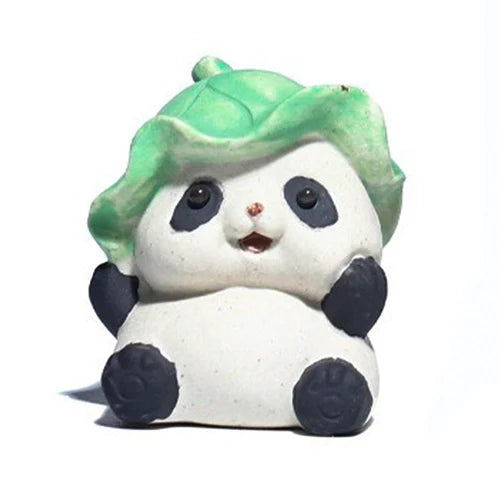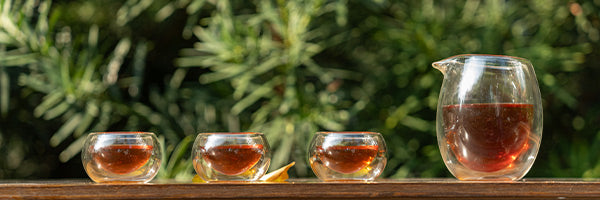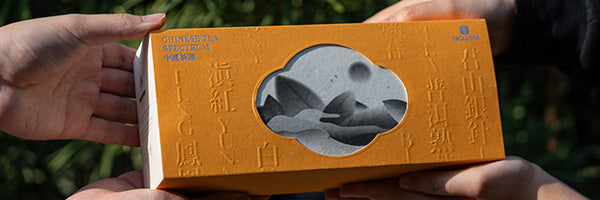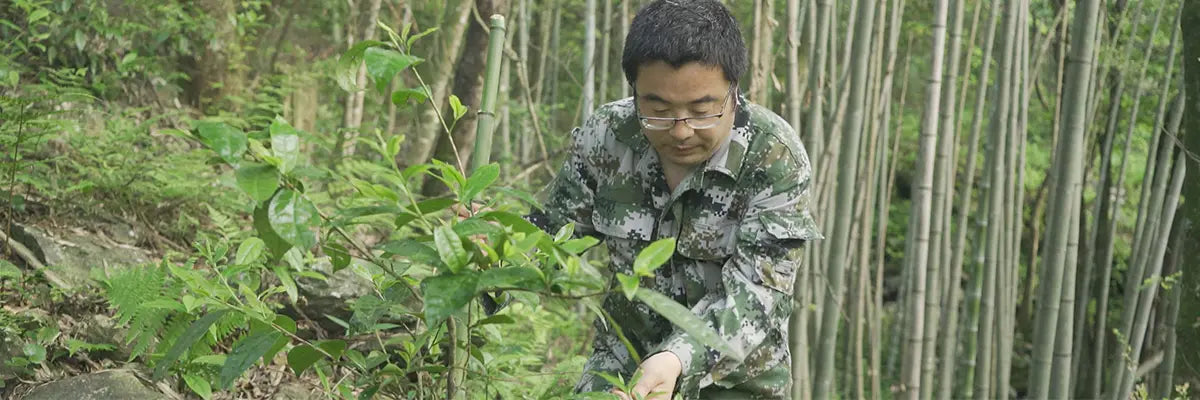When you click into this article, you must have an interest in Chinese tea.
Are you looking to explore a richer tea experience than tea bags offer? Or perhaps you've received Chinese tea as a gift and are curious to try?
However it began, here we are at the doorstep of Chinese loose leaf tea. Below are some simple and practical suggestions to help you get started!
What Kind of Chinese Tea Is Suitable for Beginners?
Instead of diving into complex tea knowledge, it might be better to start with a few delicious teas! Additionally, a tea sampler is also a good choice. Below are several teas with different styles but all delicious, and easy for beginners to fall in love with.
When beginners first start exploring Chinese loose leaf tea, they may prefer teas with a mild taste and pleasant aroma, while not enjoying teas with a pronounced bitterness. Therefore, we have labeled these 3 dimensions (for reference only, actual experiences may vary from person to person) to help beginners make better choices. When giving tea gift sets to novice tea lovers, these 3 dimensions can also be considered.
- Longjing (Dragon Well)

As a famous Chinese green tea, Longjing has a smooth taste without a pronounced bitterness, making it easily accepted by beginners. Longjing also boasts a pleasant and elegant aroma reminiscent of fresh beans.
Aroma ★★★☆☆
Taste ★★★★★
Low bitterness ★★★★★
Find more loose leaf green tea with our Green Tea Sampler.>>>
- Shou Mei

Among white teas, Shou Mei has a rich tea aroma and a sweet taste, making it a very enjoyable tea. Additionally, Shoumei offers excellent value for money, making it very suitable for beginners.
Aroma ★★★☆☆
Taste ★★★★★
Low bitterness ★★★★★
- Yunnan Black Tea (Dian Hong)

Yunnan Black Tea embodies the classic, enjoyable flavor of black tea, with a rich and smooth taste. Its sweet aroma is also very charming.
Aroma ★★★☆☆
Taste ★★★★★
Low bitterness ★★★★☆
- Jasmine Green Tea

The most distinctive characteristic of Jasmine green tea is its fresh and lively aroma, which captivates you from the very first sip.
Aroma ★★★★★
Taste ★★★☆☆
Low bitterness ★★☆☆☆
Find more loose leaf jasmine tea with our Chinese Jasmine Tea Sampler.>>>
Brewing Methods Suitable for Beginners
- Gongfu Brewing Method

- Tea Ware You Needed:
Gaiwan, fairness cup, small tea cups
Gongfu tea brewing method can involve various tea wares. When beginners start experimenting, it's best to begin with the 3 essential wares (Gaiwan, fairness cup, small tea cups).
The Gaiwan is used for brewing and filtering the tea leaves. The fairness cup is used to mix the tea soup evenly. The small tea cups are the vessels in which you and your friends will enjoy the tea.
- Why Recommend Gongfu Brewing Method?
Because Gongfu tea brewing method can brew various types of Chinese teas, adapting to different needs! You can use a loose leaf tea sampler to try brewing different teas using the Gongfu method, which can be very interesting.
- Basic Brewing Steps:
> Rinse Tea Wares: Rinse all tea wares with hot water. The purpose is to clean the wares and bring them to a certain temperature.
> Wash Tea Leaves: Put the tea leaves into the Gaiwan, pour in hot water, let it steep for about 3 seconds, then quickly pour out the tea.
> Brewing: Pour hot water into the gaiwan, steep for a few seconds, then pour the tea into the fairness cup. Pour the tea from the fairness cup into the small tea cups and enjoy.
> Multiple Brews: Chinese loose leaf teas can be brewed multiple times. When the brewed tea becomes noticeably lighter, it indicates that the tea leaves have been fully utilized.
- Do You Need to Purchase a Thermometer and Scale?
A thermometer and scale are not necessary. If you want to brew tea more precisely, these two tools can be very helpful.
Usually, the Chinese teas you buy will come with information about brewing water temperature and tea-to-water ratio. As a beginner, following this information can help you brew tea more deliciously, and that's where the thermometer and scale come in handy.
Find more loose leaf Chinese tea with our Chinese Tea Sampler.>>>
- Grandpa Style Brewing

- Tea Wares Needed:
One large cup
- Why Recommend Grandpa Style Brewing?
The Gongfu tea brewing method might be too complex for beginners. The Grandpa style brewing is a simpler approach that still yields delicious tea.
- Basic Brewing Steps:
> Simply add tea leaves to the large cup, then pour in hot water. Once the tea soup cools a bit, it's ready to drink.
> When there's about 1/3 of the tea soup remaining in the cup, add more hot water.
> Repeat this process until your tea leaves lose their flavor.
- What to Note?
It's important to note that the Grandpa style brewing is more suitable for teas with lower oxidation levels (loose leaf green tea, white tea, and yellow tea). The Longjing, Shou Mei, and Jasmine Green Tea recommended earlier are all perfect for the Grandpa style brewing. Isn't that fantastic?
In addition to the two methods recommended above, cold brewing is also a relatively simple brewing method that doesn't require any specific tea wares. If you're interested in cold brewing, feel free to try it out with a loose leaf cold brew tea sampler.
What Price Range of Tea Is Suitable for Beginners?
The price range of Chinese tea varies greatly, ranging from very expensive to very cheap.
Beginners should not start with overly expensive teas. On one hand, most expensive teas require corresponding brewing techniques to fully extract their flavor and aroma; on the other hand, the difference in taste between expensive and moderately priced teas of the same kind is very subtle, and beginners without enough tea experience may not be able to appreciate it well.
It is also not advisable for beginners to start with too cheap teas. This may close the door to Chinese loose leaf tea for you.
Recommended Price Range for Teas Beginners to Try:
The recommended price range for teas beginners should try is approximately $10 to $50 per 100g of tea.
Within this range, Chinese teas priced between $10 and $15 per 100g are more economical choices. Beginners can try within this price range without making significant errors.
Chinese teas priced between $15 and $50 per 100g offer a variety of good quality options without being too expensive. When purchasing teas in this price range, it's advisable to seek suggestions from experienced tea friends.
Now that you have both the tea and brewing methods, let's get started! Welcome to the rich and fascinating world of Chinese tea.







